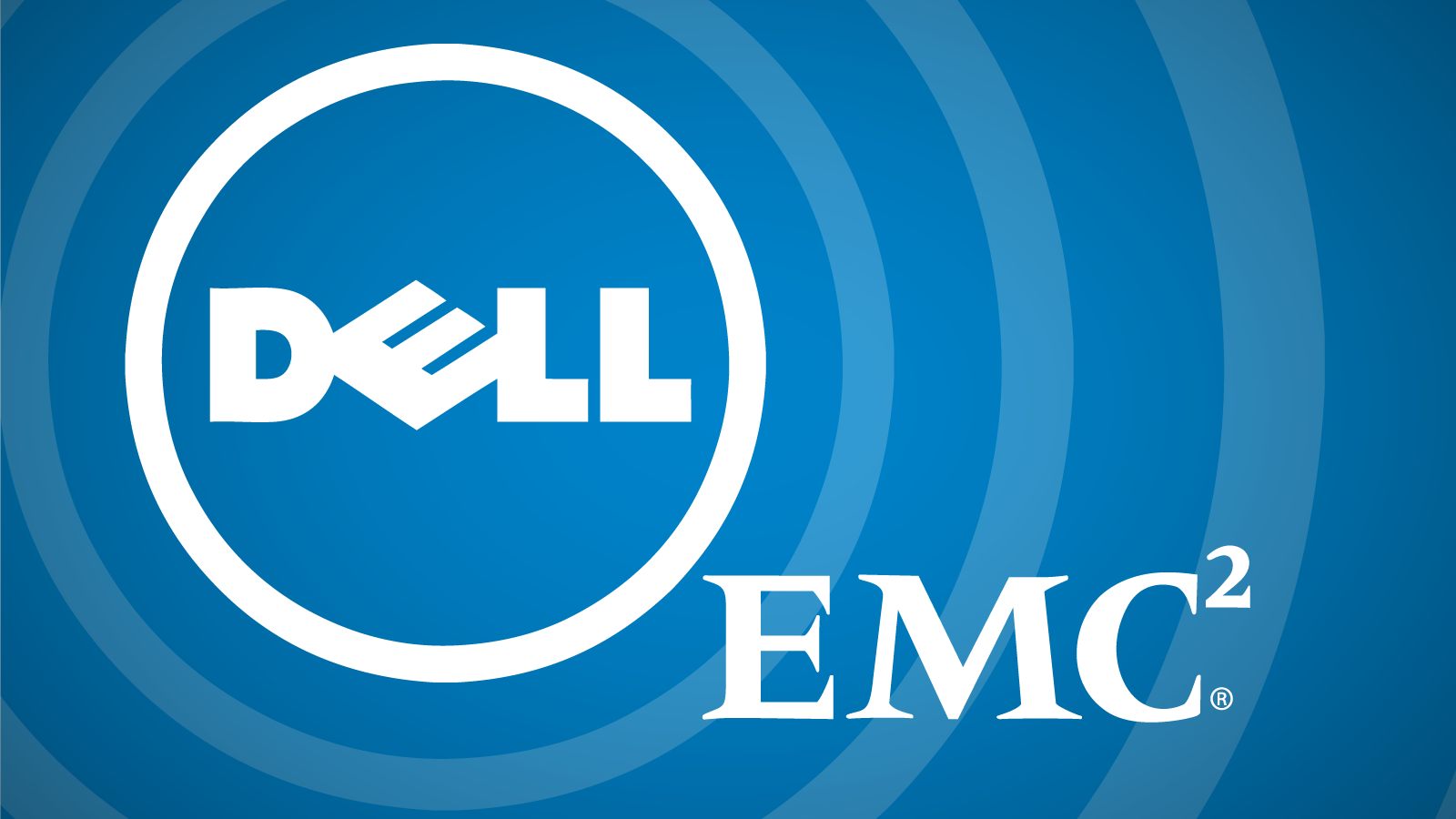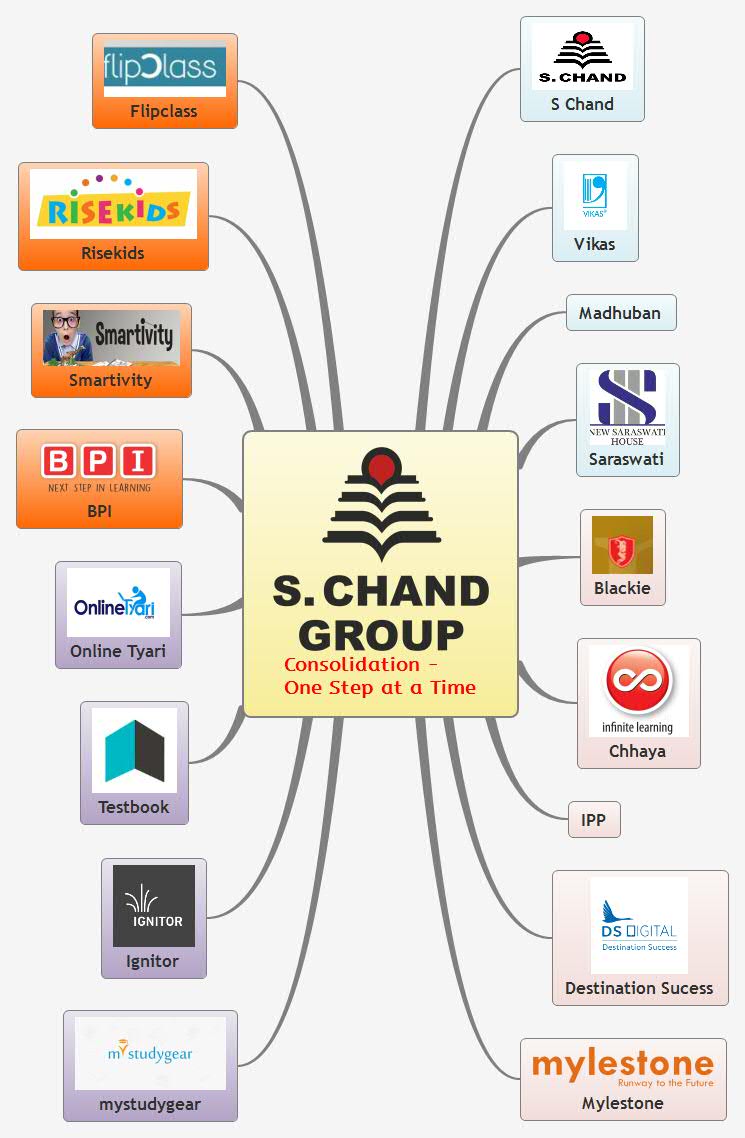Samsung Electronics Co. is in advanced talks to buy some or all of the operations of auto-parts maker Magneti Marelli from Fiat Chrysler Automobiles NV, according to people familiar with the matter.
Samsung is particularly interested in Magneti Marelli’s lighting, in-car entertainment and telematics business and could consider an acquisition of the whole company, the people said, asking not to be identified as the discussions are private. The deal could be worth more than $3 billion with a goal of closing this year, said one of the people. That would make it Samsung’s biggest-ever acquisition outside South Korea. Fiat’s shares rose the most since October 2014.
A move into automobile components would help decrease Samsung’s reliance on consumer electronics. Vice Chairman Lee Jae Yong, 48, is reshaping South Korea’s biggest company as he takes on more responsibilities once held by his father. He has sold off assets and narrowed the conglomerate’s scope as he seeks to bounce back from a downturn in the smartphone business.
Chips, Televisions
In addition to global leadership in smartphones, Samsung is the world’s biggest producer of memory chips and televisions. Samsung declined to comment in an e-mailed statement. A Fiat Chrysler spokesman had no comment.
Fiat Chrysler gained 8.3 percent to 5.90 euros at the close in Milan. The company’s U.S. shares climbed 8.9 percent in New York for their biggest increase since October 2014. Samsung Electronics U.S. shares fell 3 percent.
The European shares have lost 31 percent this year, compared with an 18 percent decline in the Stoxx Europe 600 Automotive & Parts Price Index. Exor climbed 3 percent to 33.91 euros. News of the talks also lifted shares of Sogefi SpA, another Italian parts maker that has attracted interest from private equity firms. Sogefi gained 4.7 percent to 1.55 euros.
The first major carmaker to strike a deal with Google on driverless vehicles, Fiat Chrysler is in discussions with other technology companies, Chief Executive Officer Sergio Marchionne said on a conference call after the company’s second-quarter earnings results last month.
After calling off efforts to pursue a merger with General Motors Co., Marchionne has made eliminating debt his highest priority before he leaves the post in 2019. Achieving the goal would put Fiat Chrysler in a better position to find a partner. Marchionne contends that the auto industry wastes too much money and needs to consolidate to finance investment in new technology.
“It makes sense for a manufacturer to separate and crystallize value from their components business,” George Galliers, an analyst at Evercore ISI, said by phone from London. “Ford and GM separated their businesses several years ago.”
In December, Samsung Electronics created a team to work on automobile components, in-car entertainment, and autonomous driving. It has also been charged with coordinating with other arms of the chaebol making batteries and providing software services. Last month, Samsung’s Shanghai unit bought a 3 billion-yuan ($451 million) stake in China’s BYD Co. to gain a slice of surging sales of electric cars.
In 2009, Magneti Marelli and Samsung teamed up to develop display products for entertainment, information, and navigation. Samsung, which is expanding global sales of its displays using organic light-emitting diodes and lighting solutions, could offer new light sources and bendable dashboards to design-sensitive luxury car drivers.
Magneti has years of experience in satellite navigation, connectivity, infotainment and telematics systems, which offer connectivity with external electronic devices. Telematic devices allow in-vehicle access to specific services, including insurance, car parks, and anti-theft security.
An eventual sale of Magneti Marelli would help Marchionne in what analysts see as the most challenging part of his five-year strategy, which includes more than doubling net income: turning Fiat Chrysler’s 5 billion euros ($5.6 billion) in net industrial debt into a cash pile of at least 4 billion euros. That compares with an average estimate of 3.81 billion euros of debt at the end of 2018 by 12 analysts.
Marchionne said in April that there will be a point in time when Fiat will consider a disposal of Magneti Marelli.
“We’ll be in a position to take a hard look at this to find out whether it makes sense to continue Marelli in the portfolio,” Marchionne told analysts April 26. “But we’re far removed from that today.”
Fiat’s components business, which includes Magneti Marelli, Comau, and Teksid, made 111 million euros of adjusted earnings before interest and taxes on 2.43 billion euros of revenue in the second quarter, helped by higher volumes at Magneti Marelli, Fiat said July 27.
Acquiring the business would immediately give scale to Samsung’s automotive ambitions through established brands, plants and distribution. A deal could open up access for Samsung to supply some of Fiat’s luxury brands, which include Maserati. Fiat spun off its Ferrari business last year.
Such a deal would also be the biggest move into automobiles by the South Korean conglomerate since Samsung Motors Inc. went bankrupt ahead of an eventual sale to Renault SA in 2000.
Recent Articles on M&A
Source: Bloomberg.com




